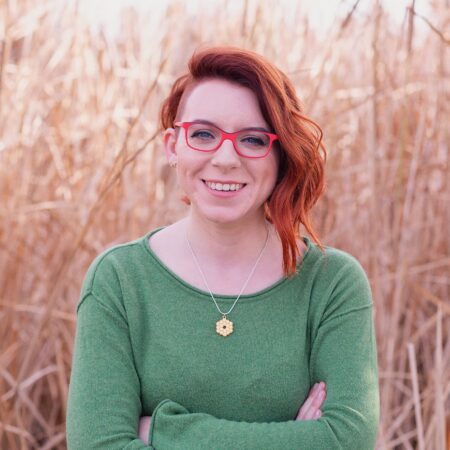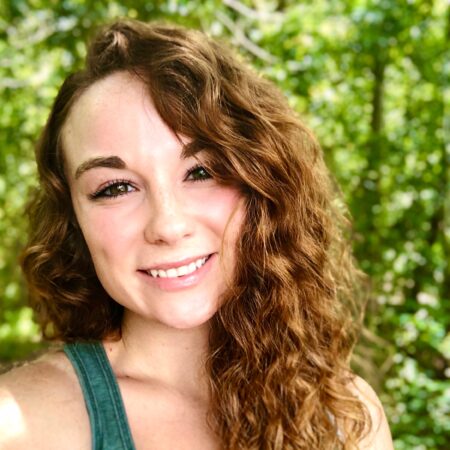Refine
Date Range Clear
Recorded by Clear
Keywords Clear
Partnerships Clear
Organizations Clear
- American Geophysical Union 28
- AGU 20
- NASA 9
- National Aeronautics and Space Administration 3
- The American Geophysical Union 3
- 12 more
Places Clear
Languages Clear
Initiatives Clear
- No matching terms.
Conor Nixon, a space scientist at NASA--Goddard Space Flight Center, discusses his work studying the outer planets. Watching the Cosmos show growing up interested him in the solar system and he's been studying the outer planets most of his life....
Steven Pawson, Chief of the Global Modeling and Assimilation Office at NASA Goddard Space Flight Center, shares his experiences working on atmospheric and Earth systems science, including interactions between the Ozone Layer and climate change, and predicting air quality for...
Interviewing my Papa George was a very enlightening and honestly amazing experience. StoryCorps really is a beautiful thing.
Adrian Brown is the deputy scientist on the Mars 2020 Rover mission at NASA Headquarters in Washington, D.C.. Adrian uses his background in geology to explore Mars via the Mars Rover, living out his childhood fascination with the planets. He...
Michael King is a Senior Research Associate in the Laboratory for Atmospheric and Space Physics at the University of Colorado. He previously worked at NASA for 3 decades in a variety of roles, including Senior Project Scientist of NASA’s Earth...
Rebekah Hounsell is a connoisseur of explosions, and she spends her time helping scientists get the most out of TESS, NASA’s Transiting Exoplanet Survey Satellite mission. She also dabbles in helping to design surveys for the upcoming Nancy Grace Roman...
Chris Ballentine, University of Oxford, discusses his work as "helium hunter," seeking global reserves of Helium, significant as a natural resource-limited in its scope. Chris discusses geopolitics and the need for the market to drive the search for helium which...
Emily Schaller, project manager at NASA's National Suborbital Research Center at Ames, discusses her Ph.D. work studying the clouds on Titan and her work as a science and education. She recalled how as a young child, she would study illustrations...
France Lagroix, Research Scientist at Institut de Physique du Globe de Paris and AGU Leader share stories of her passion and the value of paleomagnetism. She talks of the discovery during her Ph'd research where she developed a novel application...
If you’re a scientist in an oceanography department, you’re probably studying the ocean, right? Well, part of your job might be studying things like phytoplankton, the tiny oceanic powerhouses that play a crucial role in our planet's ecosystem. But how...
As a leading international expert in weather and climate and Georgia Athletic Association Distinguished Professor of Geography and Atmospheric Sciences at the University of Georgia, James Marshall Shepherd knows a lot about climate, and just as importantly, how to talk...
When Quinyan Duan was a student in China, he found his way into hydropower engineering. He wanted to pursue a graduate degree but couldn’t find the right professor to guide him. He took the difficult step of applying in the...
Ioan Lascu, research geologist at the Smithsonian Museum of Natural History, shares stories of his work studying minerals and rock magnetism. What do bacteria affect magnetism? What can we learn from stalagmites and stalactites? Why has there been in a...
Paul Newman, Chief Scientist for Earth Science at NASA Goddard Space Flight Center and the co-chair to the Montreal Protocol, is one of the planet’s top ozone watchdogs – a self-described detective who looks for any chemicals which may deplete...
Allison Leidner is a program manager for Energy and Infrastructure applications at NASA’s Earth Science Division where she helps inform and connect decision-makers with the science behind renewable energy and climate resilient infrastructure. A conservation biologist by training, Allison recently...
Imagine this upbringing: only child, suburbs of Maryland, daughter of a mathematician and a pastry chef. If you guessed that child would achieve a management role with NASA’s famed IceBridge2 mission, congratulations, you truly have exceptional foresight. Linette Boisvert McPartland...
Roberta Rudnick, Professor at University of California Santa Barbara, was captivated by science from a young age, witnessing the Mt. Saint Helens eruption while in college, and traveling the globe to understand plate tectonics, and how and why continents form...
In this inspiring interview, Becca Barnes, Bianca Rodriguez-Cardona, Evelyn Valdez-Ward, and Ben Sulman, four early-career biogeoscientists come together to share their reflections on what it means to be a scientist today. How can scientific knowledge be spread on social media?...
Chris Justice is a geographer and professor at the University of Maryland whose research on land use changes and global agriculture has taken him around the world. His research has had a hand in a variety of NASA programs, including...
His application to be an astronaut may have been turned down, but Paul Hertz is playing a big role in helping us understand how the universe works as the Director of Astrophysics at NASA. He found his passion for astrophysics...
While Patrick Taylor spends a huge chunk of his time in the clouds, his work has nothing to do with daydreaming. The Research scientist at NASA’s Langley Research Center is working on understanding more about the role of clouds in...
Tanya Harrison never thought she was going to be an astronaut. But she was determined to go to space. And she did just that – through satellites, first to Mars, and now looking back at our own third rock from...
As a child, Luke Oman was always looking out the window. Today, he works on atmospheric processing for NASA. How do volcanic eruptions affect everyday life? What happens when sulfur dioxide gases from volcanoes interact with sulfate aerosol and stay...
Woody Turner, the program scientist for biological diversity and manager for ecological forecasting programs at NASA, and one of the few people in the world who directly harness the power of space to solve a whale of a problem –...
Gina Zwicky love lizards. And frogs. And turtles. Basically, all sorts of amphibians and reptiles. The love has turned into a career looking at how lizards fight off parasites and how those parasites evolve to be, well, better parasites. And...
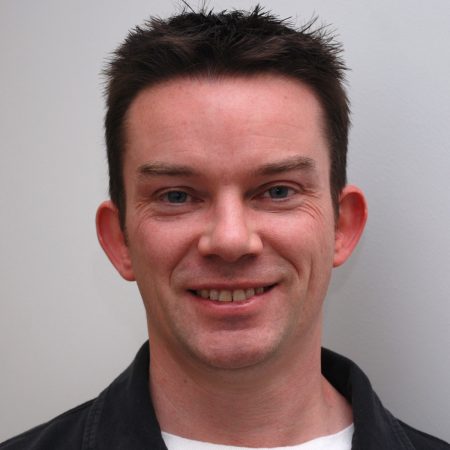


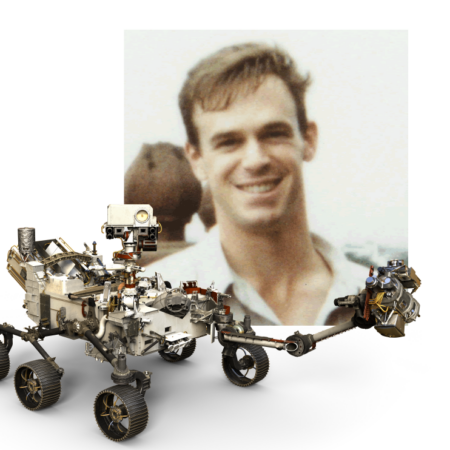
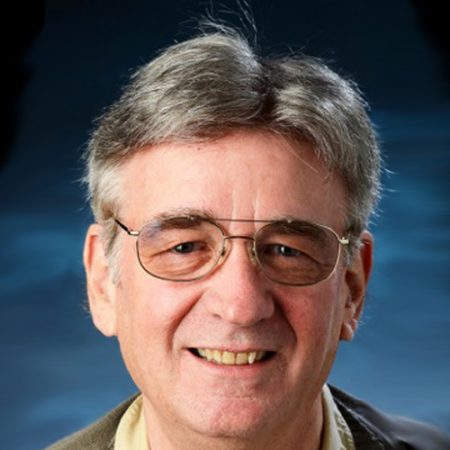
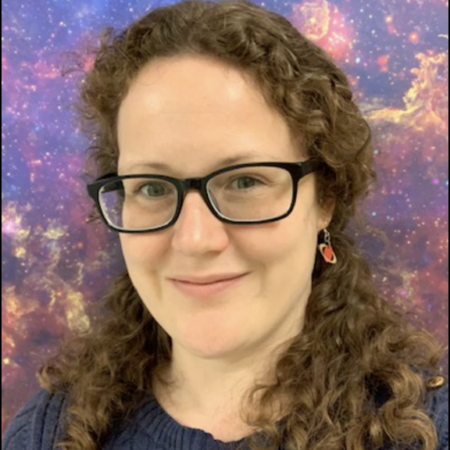
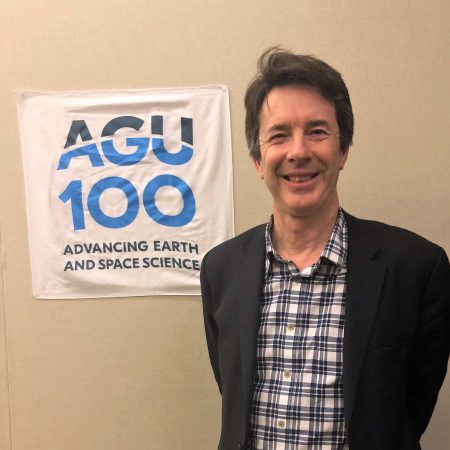

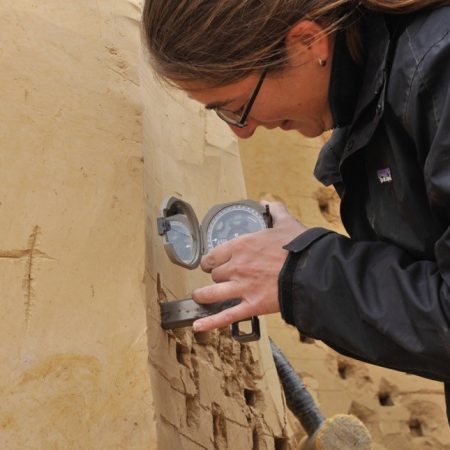
!["When people [get] a science education...they underestimate how important human relations are to that." An interview with Kirk Knobelspiesse](https://archive.storycorps.org/uploads/2023/10/6527f43a0f97c__pace_knobelspiesse-365x450.png)

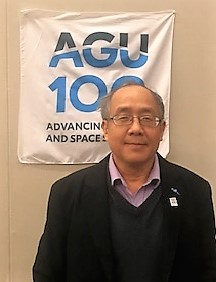
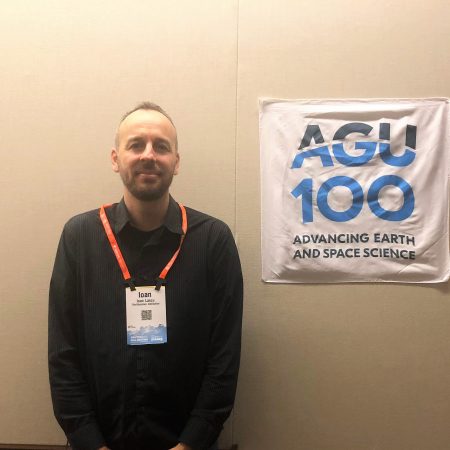

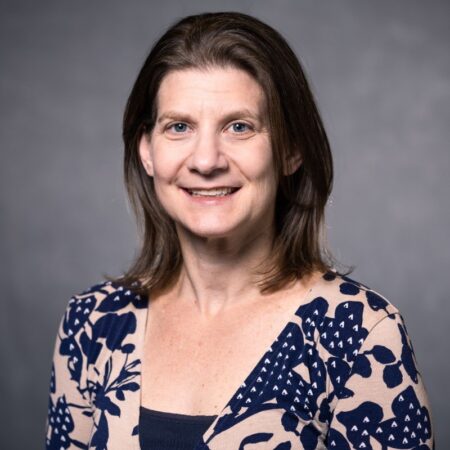



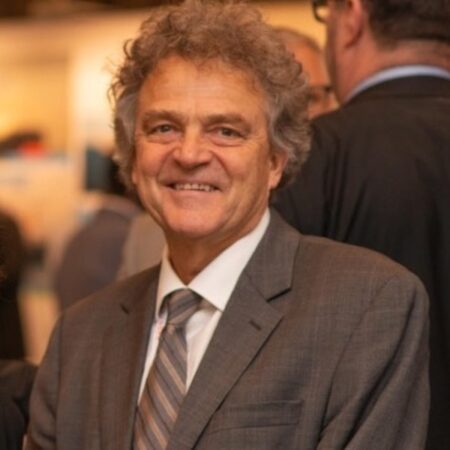
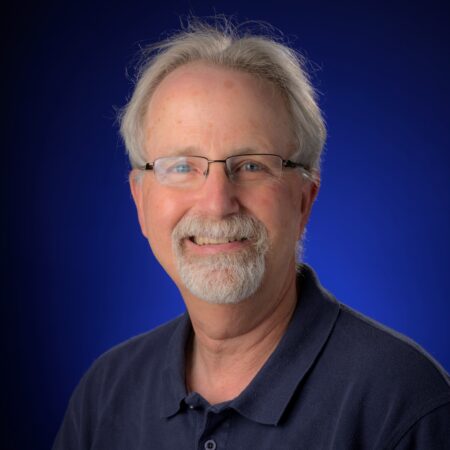
!["Something I learn today is something that [could help] society tomorrow." an interview with Patrick Taylor](https://archive.storycorps.org/uploads/2019/02/181211_PatrickTaylor-450x450.jpg)
